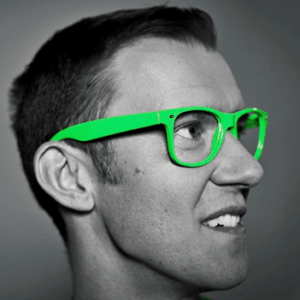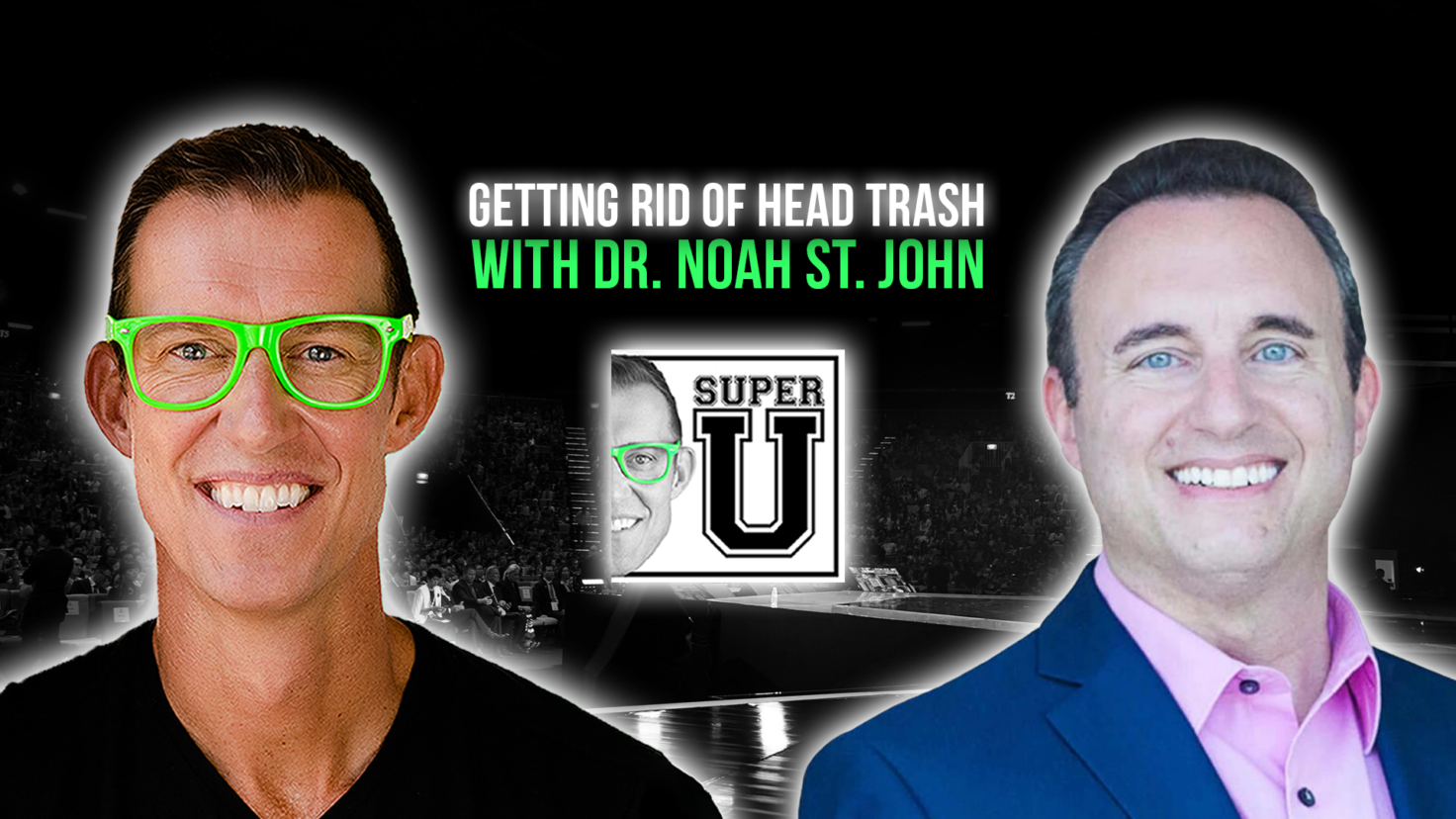3 Reasons to Dis the Facebook Dislike Button
3 Reasons to Dis the Facebook Dislike Button
The fake Facebook dislike button spread quickly this week [as reported by PC World]. Facebook may consider a real one soon, but below are 3 reasons why we are better off without a dislike button:
#1 Humans Top Need is Acceptance
If you think the recent privacy concerns have caused many users to shrink back into their protective shells, imagine how much more will increase their privacy settings with a dislike button. According to Maslow’s Hierarchy of needs after the basic needs of survival and security, our top need is to feel accepted. This is one reason why social media has exploded; it would be somewhat going against the grain to have a dislike button.
#2 Encourages Bad Energy
One of the beautiful things about Facebook is with over 500 million users it has helped break down the hurdles of distance, culture & time. With applications like Causes, there have been many positive things derived from our socially connected world. The implications of cyberbullying could be egregious if a dislike button is launched incorrectly.
#3 Invites Scams
One more item for Facebook to police, distracting them from more important advancements like better search and social commerce functionality. The Internet has shown that people don’t mind going to great lengths to gain an upper hand on competition – this is particularly prevalent in Asia.
What do you think? Do you like the idea of a dislike button on Facebook?
Dislike Image: Courtesy of Topnews.in






